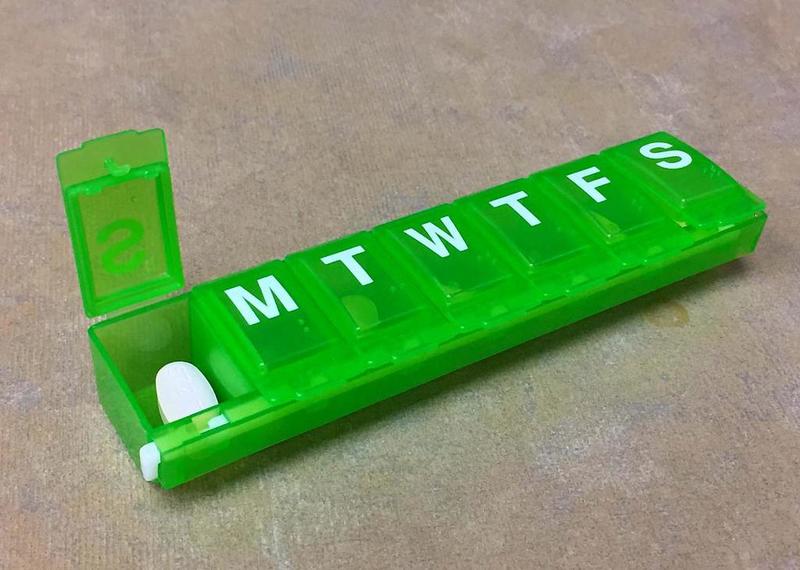
A new National Institutes of Health (NIH)-funded clinical trial has been started to assess a long-acting antiretroviral therapy (ART) for the treatment of people living with HIV.
The new therapy is intended to maintain HIV suppression in patients who find it difficult to adhere to standard daily oral ART.

Discover B2B Marketing That Performs
Combine business intelligence and editorial excellence to reach engaged professionals across 36 leading media platforms.
Named LATITUDE, the new trial is funded by the NIH’s National Institute of Allergy and Infectious Diseases (NIAID).
It is being carried out by the AIDS Clinical Trials Group (ACTG) in alliance with the National Institute of Mental Health, the National Institute on Drug Abuse, ViiV Healthcare, and the Janssen Pharmaceutical Companies.
The trial is designed to evaluate the superiority of a combination of two experimental injectable ART formulations, rilpivirine, and cabotegravir, in managing HIV infection relative to conventional oral ART.
During the study, the experimental drugs will be given every four weeks. Subjects’ viral load and other immune health indicators will be tracked to compare the regimen’s effectiveness to that of conventional oral ART.

US Tariffs are shifting - will you react or anticipate?
Don’t let policy changes catch you off guard. Stay proactive with real-time data and expert analysis.
By GlobalDataThe trial will recruit a total of 350 patients with documented treatment lapses in the last 18 months.
LATITUDE protocol co-chair Aadia Rana said: “Monthly injectable antiretroviral therapy may prove more convenient, discreet and appropriate for some people living with HIV.
“Our study aims to help people living with HIV and facing challenges with adherence find a treatment option that meets their health needs and fits into their lives, allowing them to experience the health benefits of becoming durably, virally suppressed.”
Rilpivirine and cabotegravir combination is also being assessed in other trials. Long-acting cabotegravir injection is also being studied as a modality to prevent HIV.





